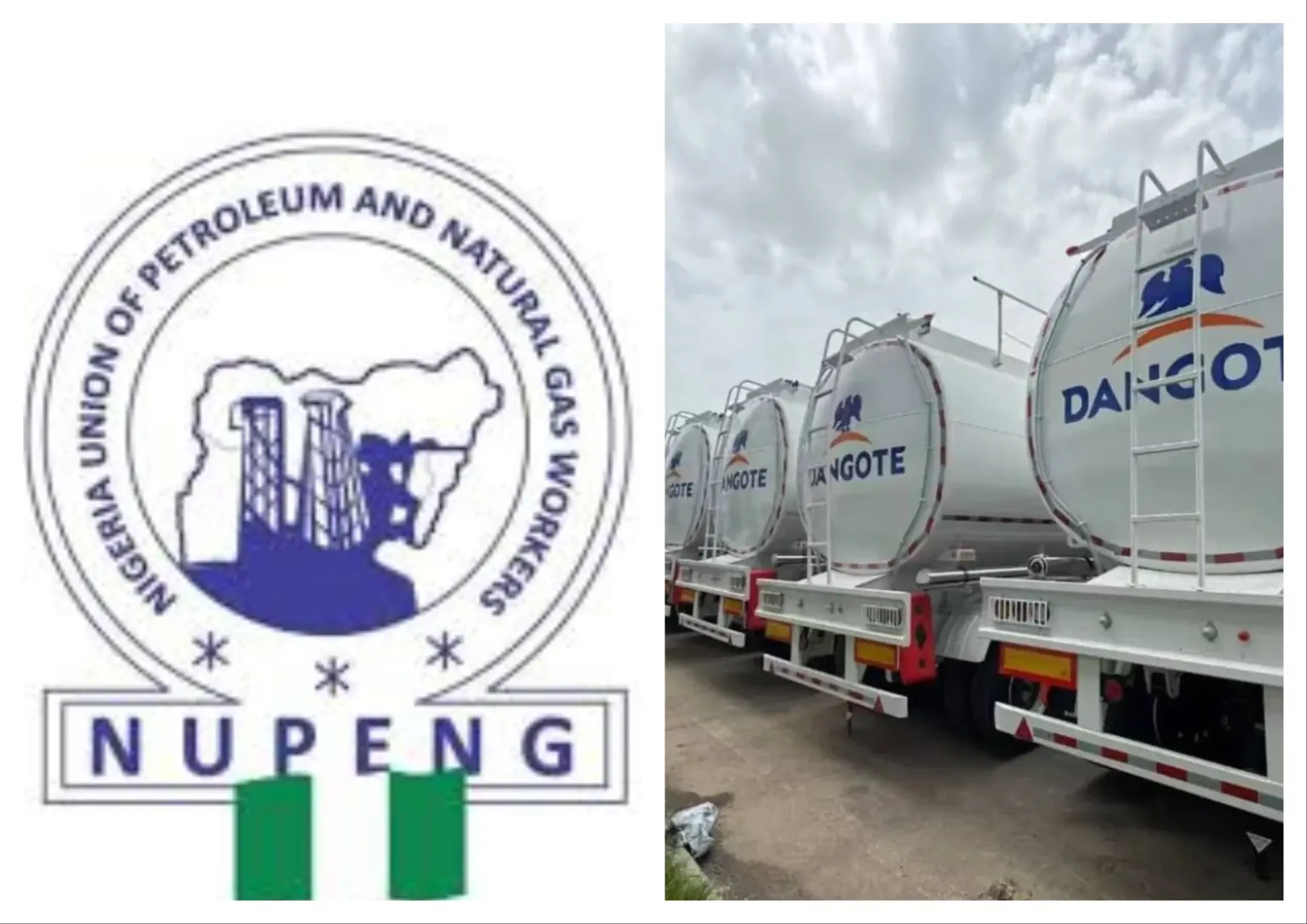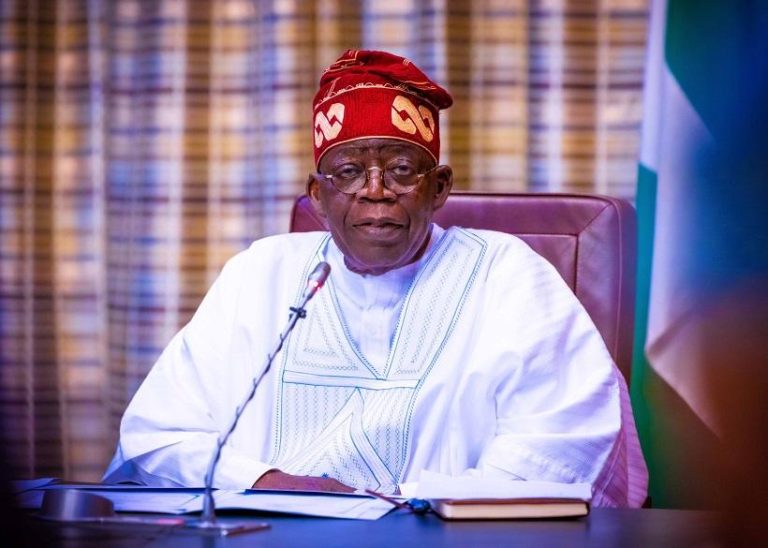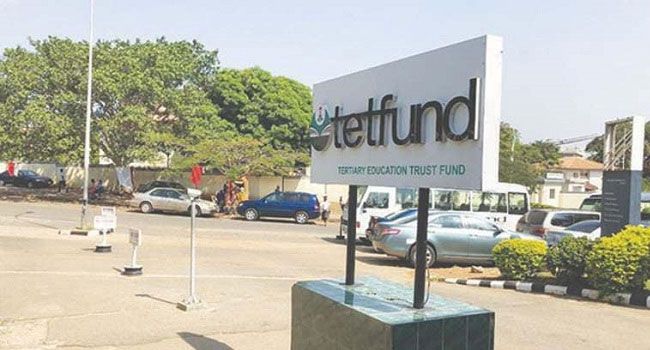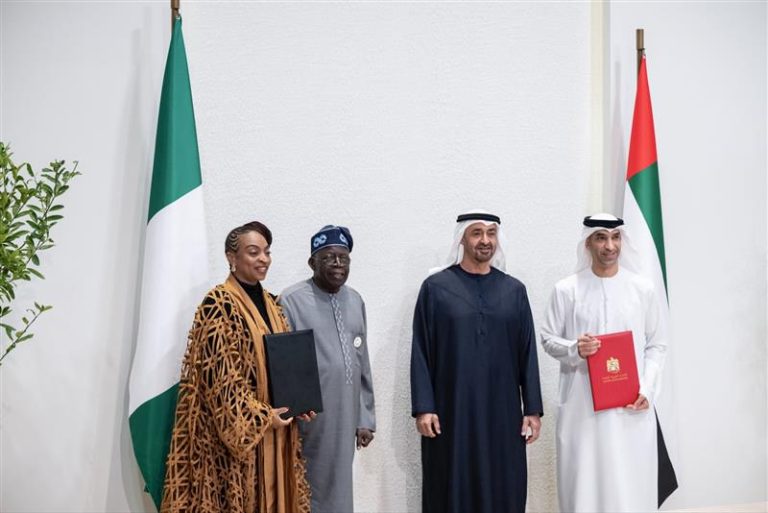
The Nigeria Union of Petroleum and Natural Gas Workers (NUPENG) and the management of Dangote Refinery have once again pledged to uphold the Memorandum of Understanding (MoU) signed earlier in the week, following renewed tensions over workers’ rights to unionise.
The reaffirmation came after a high-level meeting on Friday at the Department of State Services (DSS) headquarters in Abuja, where senior officials appealed to both parties to maintain the status quo for at least two weeks.
On Tuesday, NUPENG had suspended a nationwide strike after securing an agreement with Dangote Refinery to recognise employees’ rights to union membership.
The truce followed a closed-door meeting convened by the DSS, attended by Finance Minister Wale Edun, representatives of the Nigeria Labour Congress (NLC), and other stakeholders.
However, barely 48 hours later, the union accused the refinery’s management of reneging on the pact and threatened to resume industrial action.
NUPENG leaders Williams Akporeha and Afolabi Olawale warned in a strongly worded statement that members were on “red alert” and called for solidarity from organised labour and civil society.
Key Terms of the MoU
The MoU, signed by all parties, affirms that:
Unionisation is a statutory right under Nigerian labour law, and employees of Dangote Refinery and Petrochemicals who wish to unionise will be allowed to do so.
The process of unionisation must begin immediately and be concluded between September 9 and 22, 2025.
Management shall not establish or sponsor any alternative union.
No worker will be victimised for taking part in the strike or union-related activities.
The document was endorsed by Dangote Group Managing Director Sayyu Dantata, representatives of the Nigerian Midstream and Downstream Petroleum Regulatory Authority (NMDPRA), the Federal Ministry of Labour and Employment, as well as officials of the NLC, TUC, and NUPENG.
Fuel Scarcity Concerns
The dispute has heightened fears of imminent fuel shortages across the country, with businesses and households heavily dependent on petrol for power and transportation. A prolonged standoff could trigger price hikes for goods and services nationwide.
For now, both parties are expected to honour the two-week timeline to implement the agreement — a critical window that will determine whether peace holds or another round of strikes cripples fuel distribution.



